|
The battle versus chemicals, GMO's and artificial preservatives have been in a "war" for several decades. Some people advocate for it, others don't. Much research has been proven over time to show that glyphosate have caused much damage to human health and sadly, much of the public doesnt realize how detrimental it's been to our health.
What is Glyphosate?
Glyphosate, a synthetic herbicide patented in 1974 by the Monsanto Company and is the active ingredient in Roundup-branded herbicides, and the herbicide used with “Roundup Ready” genetically modified organisms (GMOs). Bayer now owns Roundup and since its initiation more than 19 million pounds of Roundup has been sprayed by farmers, landscapers, gardeners across the world, with twenty-percent of that share sprayed within the United States.
According to theUS Right to Know website, "Herbicide tolerance is the most prevalent GMO trait engineered into food crops, with some 90% of corn and 94% of soybeans in the U.S. engineered to tolerate herbicides, according to USDA data. A 2017 study found that Americans’ exposure to glyphosate increased approximately 500 percent since Roundup Ready GMO crops were introduced in the U.S in 1996."
Now According to the Popular Science website, after a litany of studies and many lawsuits, Roundup has been proven it's main ingredient is carcinogenic and supposedly by 2023 the Bayer formula will change its formula.
Why Should I Be Concerned?
The world, but specifically America has been indoctrinated by so much marketing and a junk-food culture, there is a sense of ignorance or naivety in understanding how chemicals hurt the body.
Most think that because the market has approved such items, that it must be okay, or healthy or good to consume. Many And yet anyone who questions these things made by modern are deemed "pseudoscience" freaks, when given that the planet has grown, healed and evolved through its own natural intelligence throughout the last several thousands of years. As someone who's lived in Australia (twice), India and Germany, these countries had more strict food regulations or bans on certain chemicals. They also didn't suffer from as many health epidemics like America. Now that the world is becoming more Americanized, health issues / epidemics is becoming more "normal." Numerous health reports and studies have shown how glyphosate has affected human health as well as environment issues like how glyphosate affects honey bee hives and it's sensory input. In the 2019 study, "Effects of the Herbicide Glyphosate (GLY) on Honey Bee Sensory and Cognitive Abilities: Individual Impairments with Implications for the Hive, states, "GLY negatively affects associative learning processes of foragers, cognitive and sensory abilities of young hive bees and promotes delays in brood development. An integrated approach that considers behavior, physiology, and development allows not only to determine the effects of this agrochemical on this eusocial insect from an experimental perspective, but also to infer putative effects in disturbed environments where it is omnipresent. The study cites 85 references, some of which also state that glyphosate affects the micro biome of the bees. Medical Doctor, Dr. Zach Bush, has stated that glyphosate is the cause of leaky gut and gut micro biome issues. His research shows leaky gut caused by glyphosate. Every person tested in his clinic tested positive for glyphosate in their urine. The blood brain barrier also becomes leaky when exposed to glyphosate residue. Throughout his research and time of creating chemotherapy he found a different path into medicine and a connection between the changes in the micro biome and cancer. In an interview with Salon.com, the author asks, "What do you know that this chemical does to the human body?" Dr Bush replied, "The first thing it does is act as an antibiotic in the soil and in our gut, and so this molecule is taken up into our food. So, it's not something you can wash off. It's actually in the flesh of the tomato, corn, soybean, whatever it hits. And so, it's integrated in that water structure, and as it hits your gut microbiome [it] acts as an antibiotic to kill the microbial diversity in your intestines. We now know [this] is the beginning of chronic disease, many chronic diseases are now being mapped back to injuries in the microbiome. And so, as we wipe out the bacteria and fungi with this broad spectrum antibiotic in our food, we are killing the health of our animals, the livestock we consume, beef, poultry, pork, and everything else. So, we're making those animals sick. As humans, we're seeing the same pattern. This epidemic of chronic disease has emerged from this collapse of the microbiome. The glyphosate antibiotic holds our whole gut and vascular lining together. Those are called tight junctions, and the tight junction Velcros are responsible for creating intelligent barriers. Your gut membrane is the largest barrier to the outside world: it covers two tennis courts in surface area and is the thickness of half of the width of a human hair. So, it's this tiny microscopic cellophane-like covering that separates the outside world from your human biology. What glyphosate and Roundup does is perforate that membrane by destroying those tight junctions and creating something — that's now been called "leaky gut" in the public — in the medical literature it's called gut permeability — it increases gut permeability. And so, that injury starts to activate the immune system, and we become reactive to our foods. So, we develop allergies of all sorts, pollen allergies and environmental allergies, but also all the food allergies that have become so prevalent in our children today. And so, we lose the barrier system, and so at that point, not only have you become chronically inflamed, you're also literally losing self-identity." According to the US Right to Know website on their fact sheet published August 5, 2021, they clearly bullet point additional information regarding glyphosate and bees.
The US Right to Know website also links, "In March 2017, the federal court judge unsealed some internal Monsanto documents that raised new questions about Monsanto’s influence on the EPA process and about the research regulators rely on. The documents suggest that Monsanto’s long-standing claims about the safety of glyphosate and Roundup do not necessarily rely on sound science as the company asserts, but on efforts to manipulate the science." More Research About Microbiome Disruption
According to the US Right to Know website on their fact sheet published August 5, 2021, they clearly bullet point additional information regarding studies that support how glyphosate has disrupted gut micro biome.
Glyphosate is an issue, especially since it is found in so many genetically-engineered foods. The latest craze is the almost-real-but0fake meats that have been found to have traces of glyphosate. Mom's Across America tested the newly fake meats finding, "Thelevels of glyphosate detected in the Impossible burger by Health Research Institute Laboratories were 11 X higher than the Beyond Meat Burger. The total result (glyphosate and its break down AMPA) was 11.3 ppb. Moms Across America also tested the Beyond Meat Burger and the results were 1 ppb." So if you excrete what you consume, what exactly is our bodily waste of glyphosate doing to the ocean, sea life and the environment? Do you have a concern for glyphosate? Let's Connect!
5 Comments
Glutathione is referred to as the body's master antioxidant. Glutathione (GSH) is found in every cell of the human body and contains three amino acids: cysteine, glycine and glutamate built from the elements of carbon, hydrogen, nitrogen, oxygen, and sulfur linked together. The liver contains the highest concentration of glutathione, which helps the body detox unwanted waste. In fact, the liver produces GSH naturally.
Glutathione (GSH) is essential to the body's natural defense system. Glutathione decreases with age as well as viruses, bacteria, radiation, specific medications and heavy metal toxicity reduces glutathione. Long term reduction of GSH leads to a lower immune function and reduces the liver's ability to detoxify the body. Glutathione's role is to counteract free radicals and oxidative stress which leads to the aging, damage to the DNA which leads to disease. Chronic inflammation can contribute to oxidative stress and deplete glutathione supply (1.). Luckily, there are foods grown from nature that fuels us with glutathione naturally. The best part is that some of these "super" foods are packed with so many nutrients they are considered some of the best foods in the world not only to aide in a healthy lifestyle, but to prevent cancer and other diseases. The absorption rate of glutathione in the digestive tract varies for each food, as the digestive tract needs to break down the food into amino acids; however, consuming higher rates of produce and dark leafy greens have been linked to an overall healthy lifestyle because of GSH and other vitamins and nutrients that are in the foods. Processing and cooking vegetables can reduce GSH levels, but this should not stop anyone from consuming these foods. Those who are desperate to increase levels can find sublingual or supplements to help as the digestive rate differs. Balance is required - not an excess! EVERYTHING ROOTS TO HARMONY. With each section I have linked recipes to support consuming more glutathione-based foods. You can also visit the Mind Body Soul Food Recipe index for more whole-food based recipes. Cruciferous Vegetables - Broccoli, Kale, Cabbage, Cauliflower, Bok Choy, Broccoli Sprouts, Brussel Sprouts
Well isn't that a long list? Cruciferous vegetables contain a compound named, sulforaphane, which are found in cruciferous vegetables and studies have shown sulforaphane increases and restores blood and cellular glutathione levels (2, 3).
Allium - Garlic, Onion, Shallots
Some medical doctors claim that sulfur-rich foods like Allium vegetables are rich in sulfer-containing compounds that increases GSH production. Sulfur is a chemical element found in many amino acids, which includes those needed to increase and synthesize GSH. Sulfur is found naturally in many plant and protein foods.
Cruciferous vegetables are also named sulfur-rich foods. Asparagus is an excellent sulfur-rich food. Herbs - Rosemary + Turmeric
The 2019 A Review of Dietary (Phyto)Nutrients for Glutathione Support (4) states, "While there is a lack in human clinical trial data, there are several animal studies which would indicate that certain herbs and roots, such as rosemary [144,145,146], turmeric/curcumin [147], milk thistle [148], and Gingko biloba [149], may influence glutathione levels. Rosemary extract in the diet of female rats at concentrations of 0.25% to 1.0% by weight resulted in a 3.5- to 4.5-fold increase in hepatic GST. An increase was seen when injected intraperitoneally but to a lesser extent [145]. In an animal study, a turmeric extract and curcumin were shown to increase hepatic glutathione content [150]."
Vitamin C Foods - Citrus Fruits, Melons, Berries, Peppers, Broccoli, Potatoes, Broccoli Microgreens
One of the biggest scams during COVID was that natural health advocates were quacks for telling people with COVID to increase Vitamin C levels. Although it was peer-reviewed in Asia, the American health system saw Vitamin C as a threat, which is the very basic vitamin to help colds.
Vitamin C is a power antioxidant and increases GSH within red and white blood cells. Some research has shown that Vitamin C attacks free radical first, thereby preserving GSH. Vitamin C helps reprocess glutathione by converting oxidized glutathione back to its active form (5). In the study noted below, adults took 500–1,000 mg of vitamin C daily for 13 weeks, leading to an 18% increase of glutathione in white blood cells (5). Microgreens are known for its powerful nutrient density; however, many claim broccoli micro greens are the best of all, packed with Vitamin A,B, C, E, K. Vitamin C is often found in many freshly-made juices. "For those for whom eating fruits and vegetables is challenging, drinking juice derived from these foods may provide another healthful option, although some health professionals might be concerned with their simple sugar content. Generally, clinical studies would suggest that drinking fruit and/or vegetable juices confer health benefits, such as improving antioxidant status [136,137,138,139]. (4)." Research Conclusions
Eating a glutathione-supported diet could involve the inclusion of these foods daily, especially the green foods, asparagus, avocado, cucumber, green beans, and spinach (4).
Protein-rich foods have known to also be helpful with GSH levels. The three amino acids associated with GSH are not considered essential because the the body naturally produces it. However, cysteine and glycine are VERY necessary to consume especially when the body is over-stressed, injured or ill because the body because it needs more of these amino acids to fight off toxins or heal/repair from injury. Other research has shown the the reduction of alcohol, getting enough sleep, and increasing physical activity helps glutathione levels. Glutathione depletion occurs from many factors, such as aging, a poor diet and a sedentary lifestyle. Whole grains have all three amino acids and plant-based sources like sunflower seeds and lentils (cysteine), tempeh and organic tofu (glycine) and Kombu (glutamic acid) (6). Walnuts have been noted to have higher amounts of GSH. Glutathione as well as the other nutrients and vitamins in all of these foods is another reason to switch to a healthier diet because of its immune function boosting capabilities.
References:
1. https://www.ncbi.nlm.nih.gov/pmc/articles/PMC6770193/ 2. https://pubmed.ncbi.nlm.nih.gov/29888232/ 3. https://journals.plos.org/plosone/article?id=10.1371/journal.pone.0066407 4.https://www.ncbi.nlm.nih.gov/pmc/articles/PMC6770193/?fbclid=IwAR33087Txv0JIX9GMNc173Vv7HSJd1Sm3y8a9G3XJQZ9CW2UuJp3c6r4hr4 5. https://pubmed.ncbi.nlm.nih.gov/12499341/ 6. https://www.sommerwhitemd.com/eat-these-foods-to-increase-glutathione/ Let's Connect!
I found this beautiful hand-painted tulip Dutch/Scandinavian wooden plate that looked almost like a vintage bread board. With so many leftover bananas and coconut milk after hosting a Guided Fitness Smoothie and Yoga workshop, I decided to focus on altering a banana bread recipe to taste the best of summer flavors.
What makes this recipe unique that it does not have any refined sugar and uses coconut milk instead of any oil, which both sugar and oil is common in banana bread.
Please note I do not make my breads overly sweet so you may need to increase the maple syrup if you want this extra-sweet. I prefer the naturally-sweet version, so hope you enjoy! This wooden hand-painted plate and many other vintage items available for purchase on my Etsy shop, The Elizabethan Closet. For more vintage items, let's connect above on the Instagram account!
Vegan Coconut Banana Bread
Prep Time: 5 minutes Bake Time: 40-45 minutes Makes 1 Loaf Ingredients: 2 cups of pastry flour 1 tsp baking powder 1/2 tsp baking soda 1/4 tsp salt 4 ripe bananas, mashed 1/4 cup maple syrup 1/2 cup coconut milk (recommend thick milk like Arroy D) 1 tsp vanilla topping: 1/4 cup coconut shreds Preheat oven to 350 degrees. In a bowl, mash the bananas and then add the vanilla, coconut milk and maple syrup. Mix the dry ingredients together in a separate bowl (or at least in a sifter). Gradually add the dry ingredients into the wet and fold until a dough forms. Grease a 9x5 bread pan. Pour the batter evenly into the pan, and use a spatula to smooth the top. Add the coconut shreds, pressing down slightly so it sticks to the dough. Bake for around 45 minutes or until fragrant and using the "poke test" by piercing the center of the dough with a fork or knife. When it comes out clean, the banana bread is done. Let's Connect! Enjoy my other banana recipes below! |
AuthorElizabeth Rae Kovar M.A. is Author of her memoir, Finding Om and is a Fitness Trainer, Yogi, Reiki Master, Presenter and Lover of Life. To view her portfolio please visit www.elizabethkovar.com Categories
All
Archives
October 2022
|

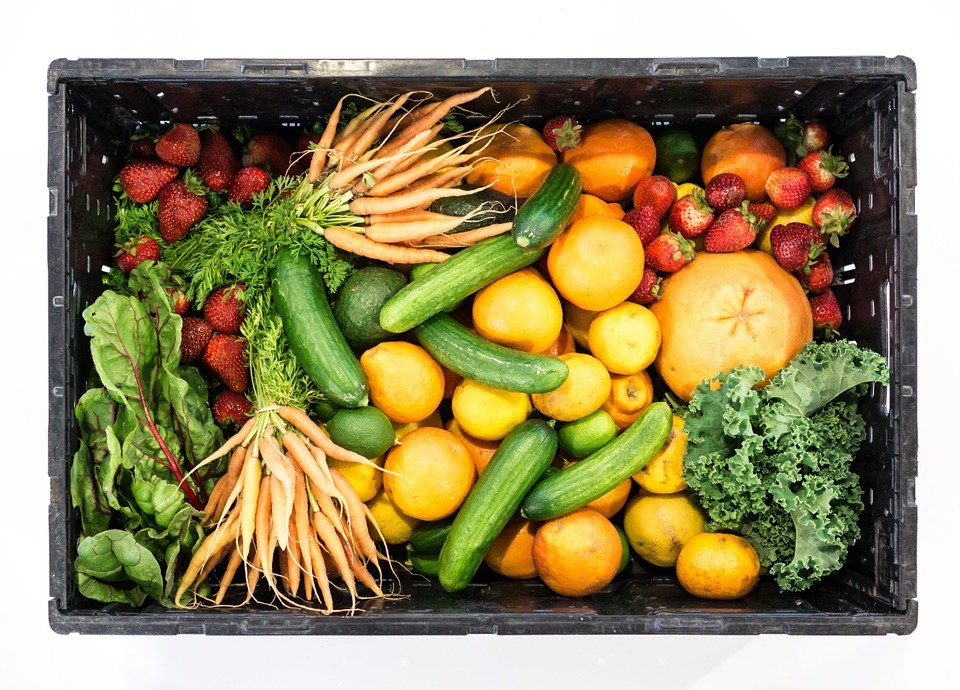
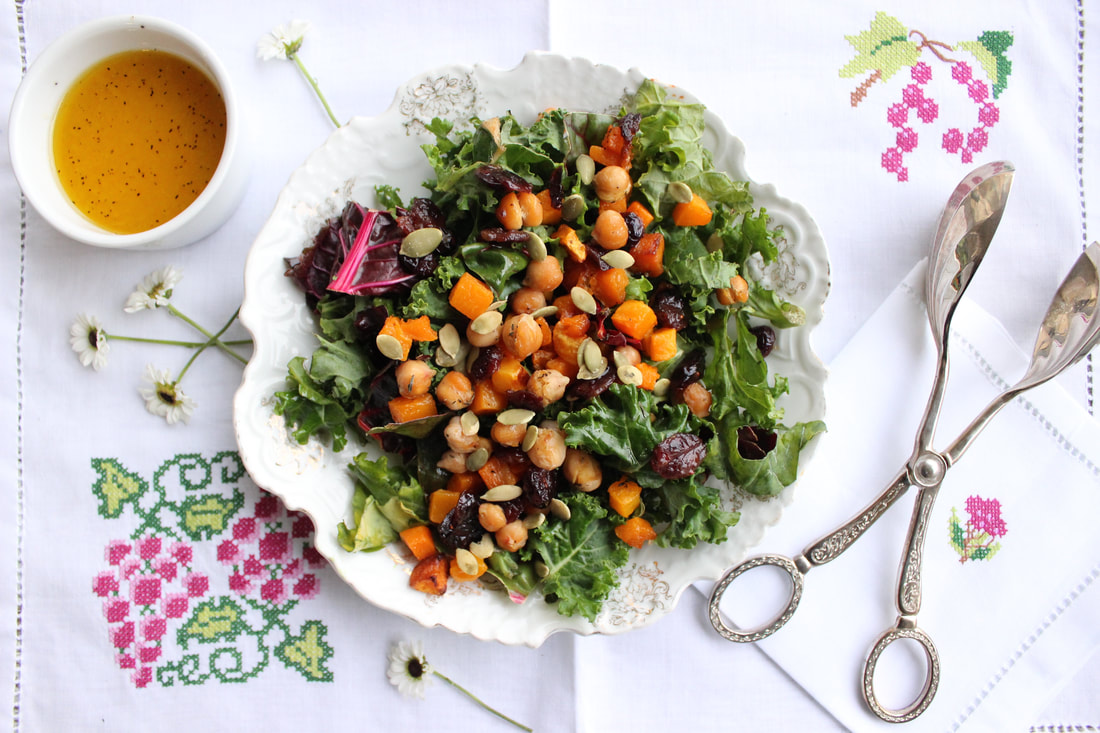
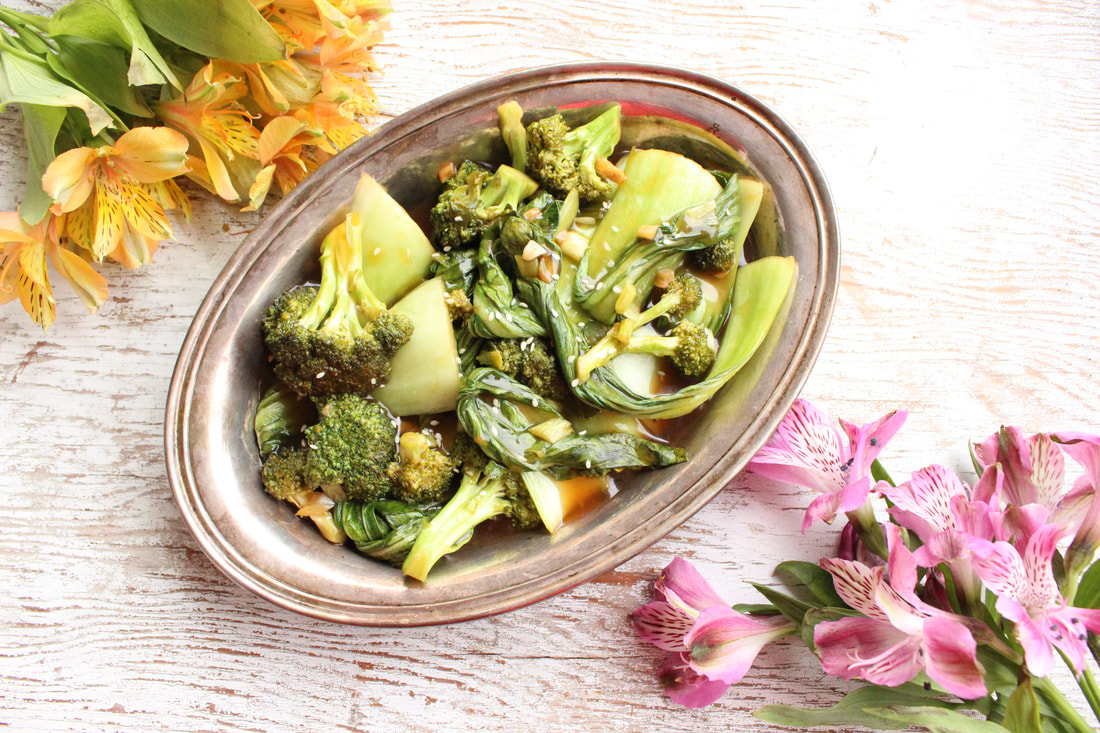
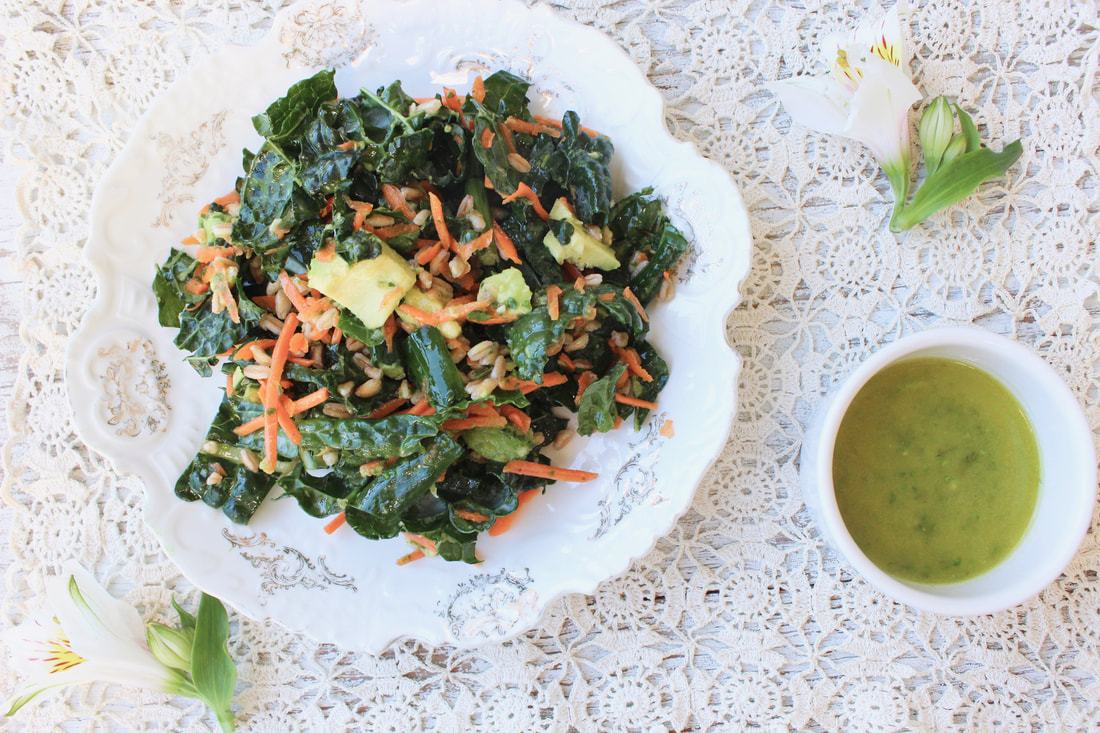
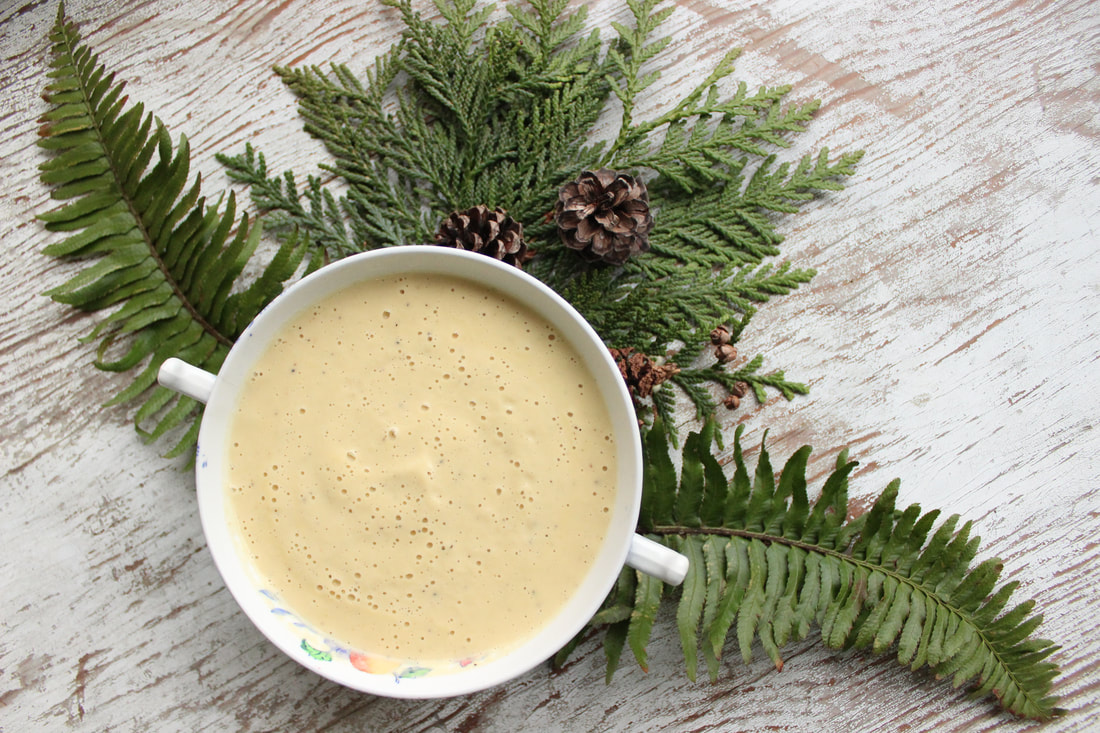
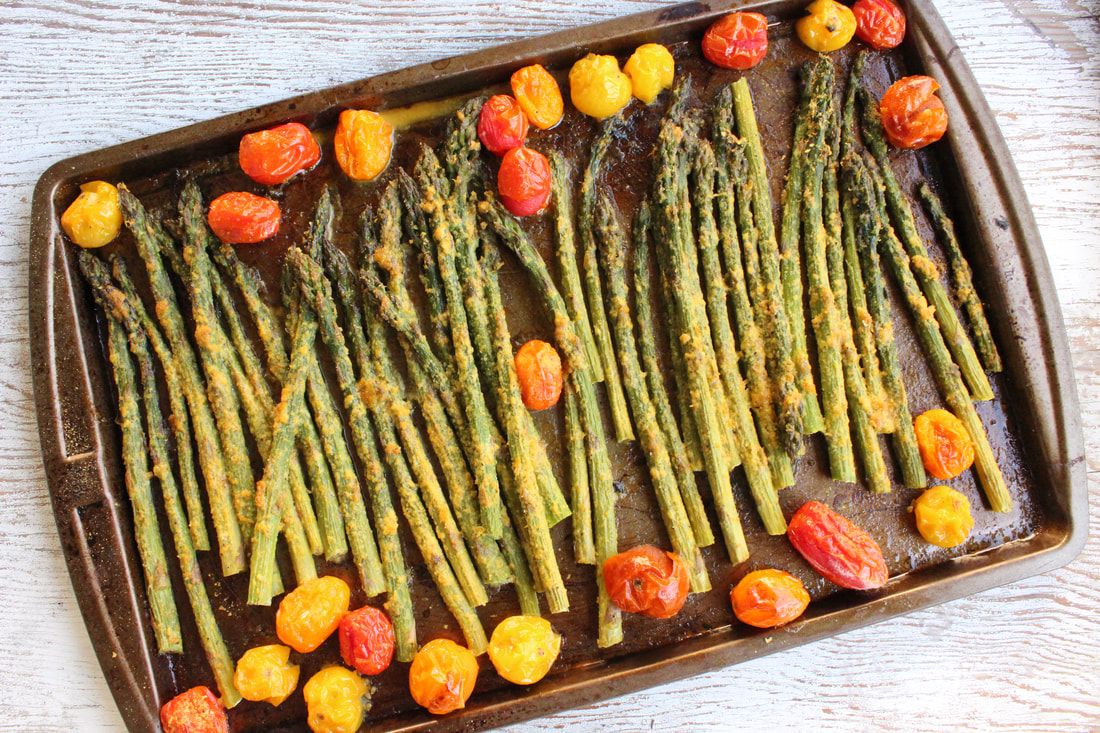
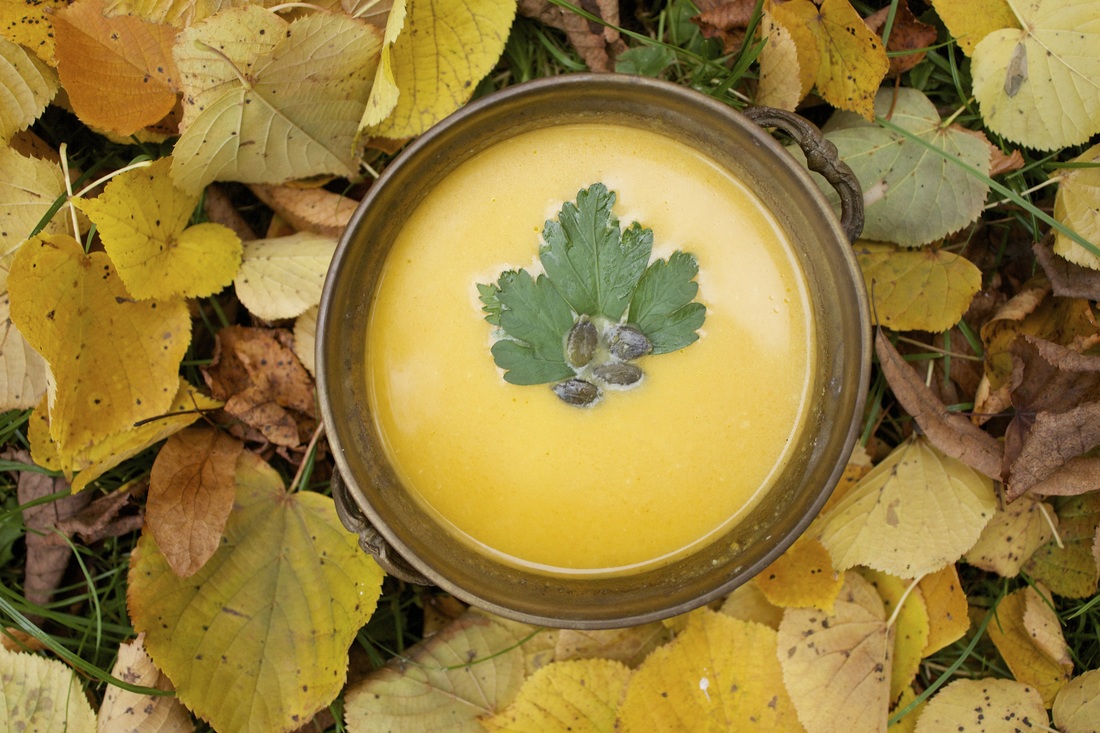
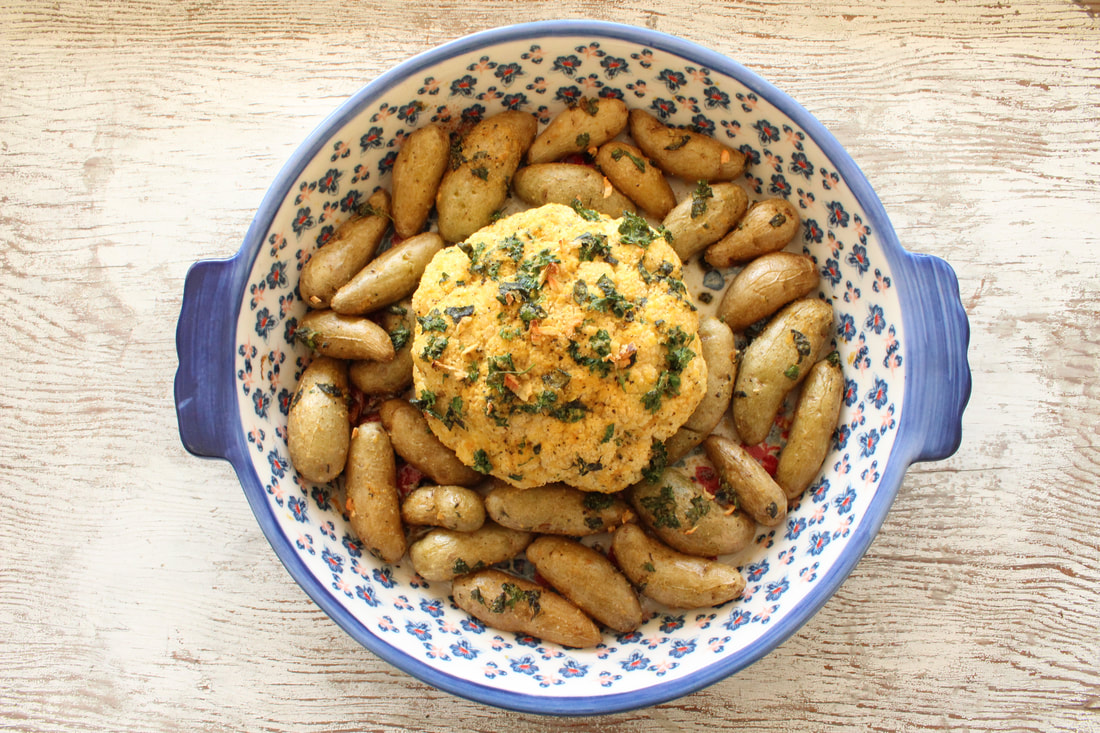

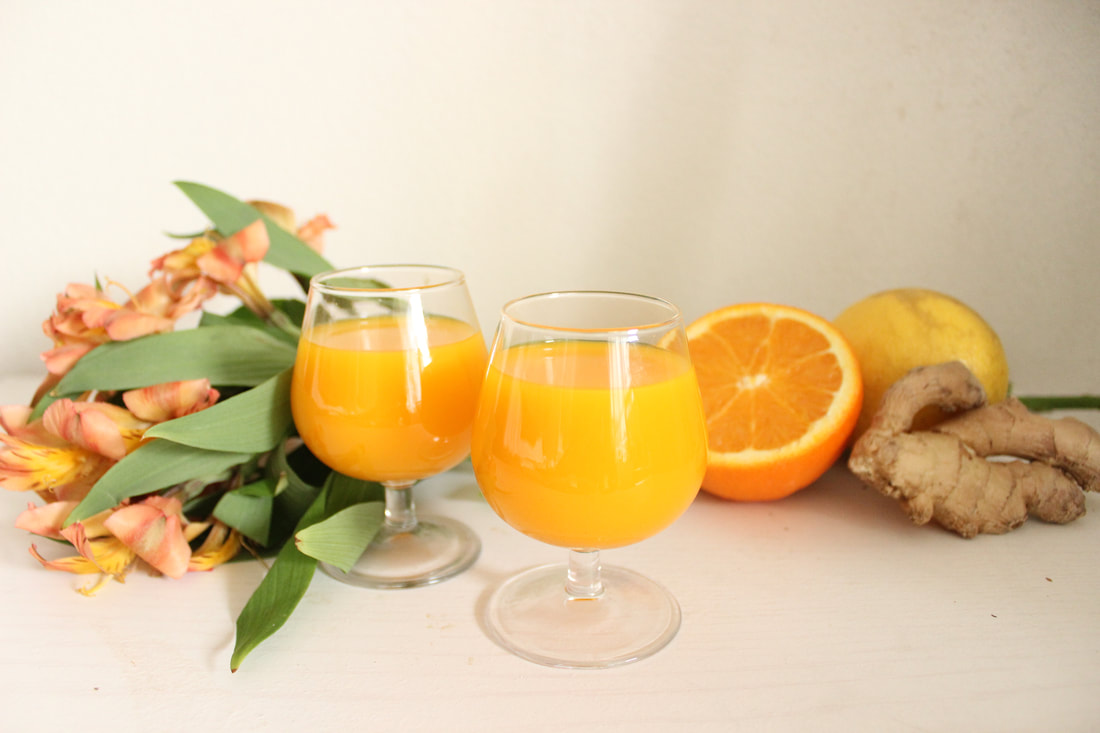

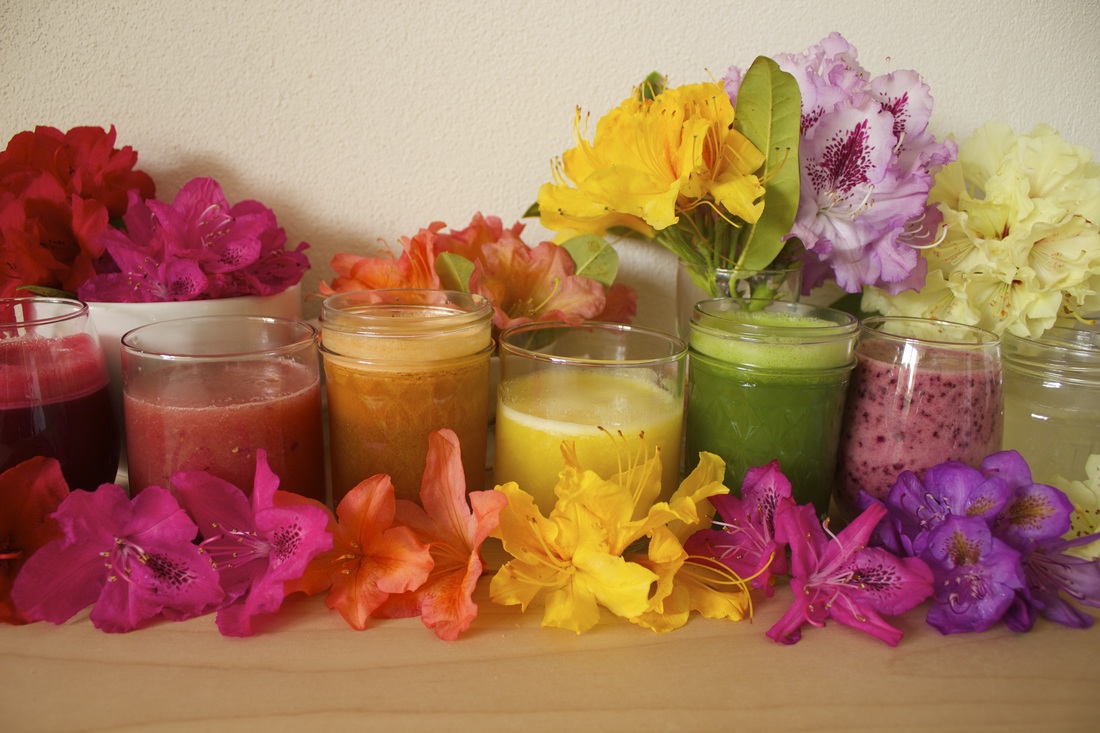
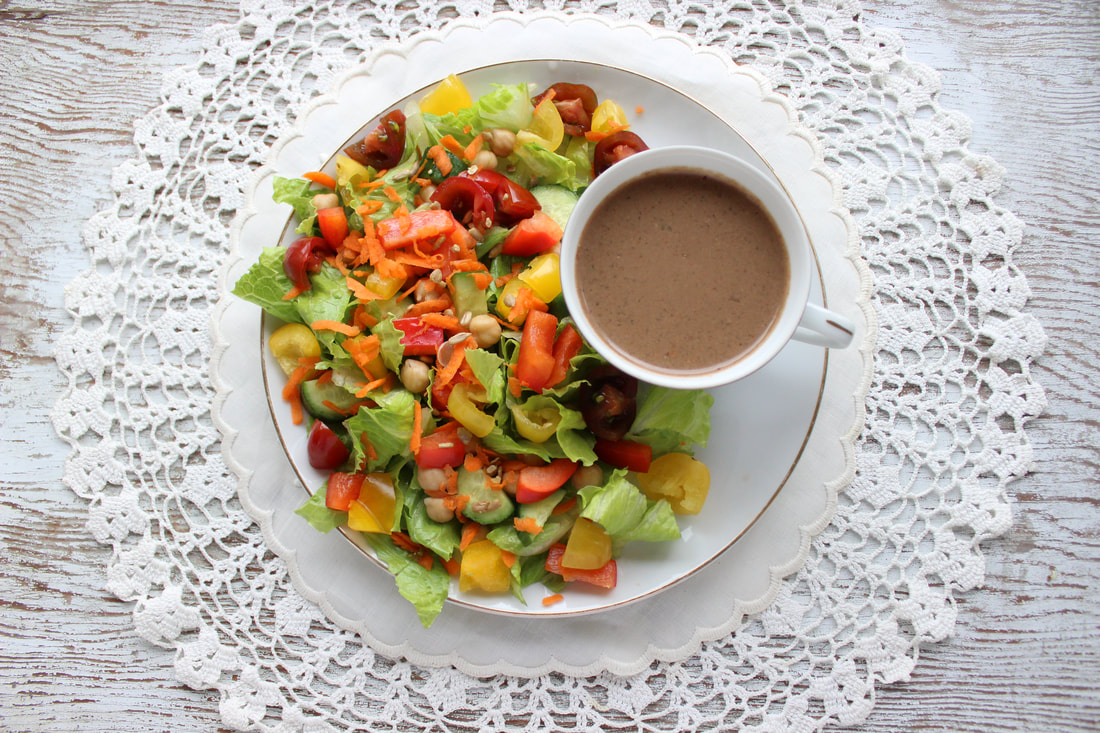
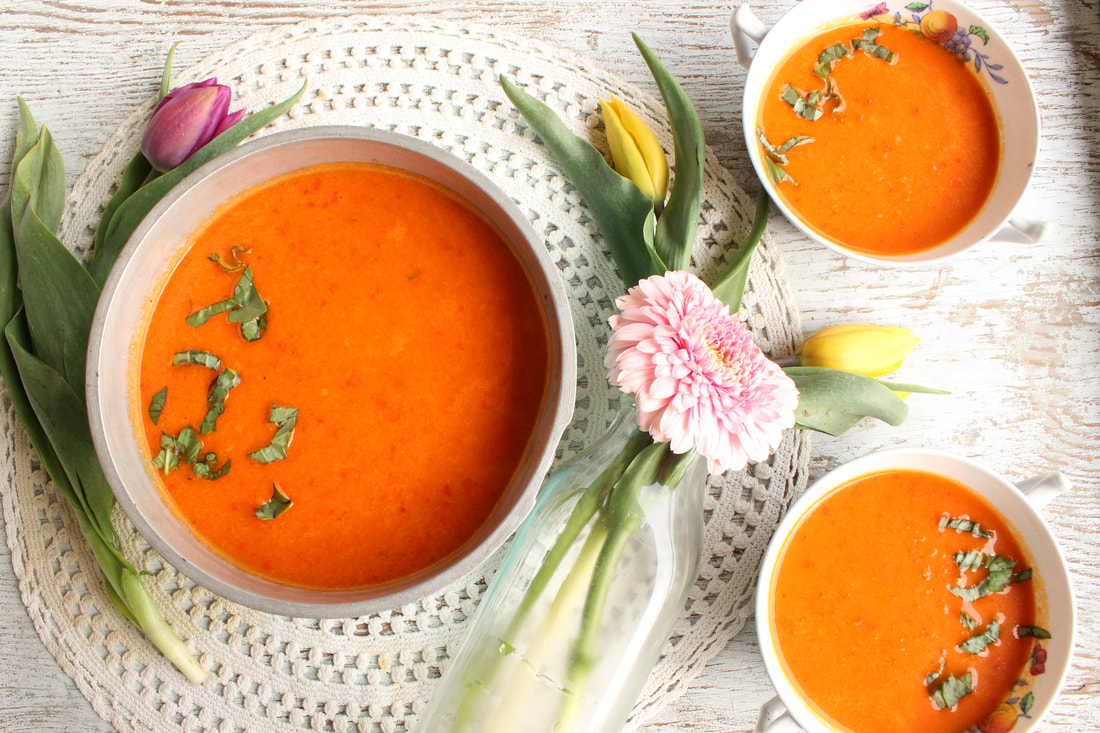
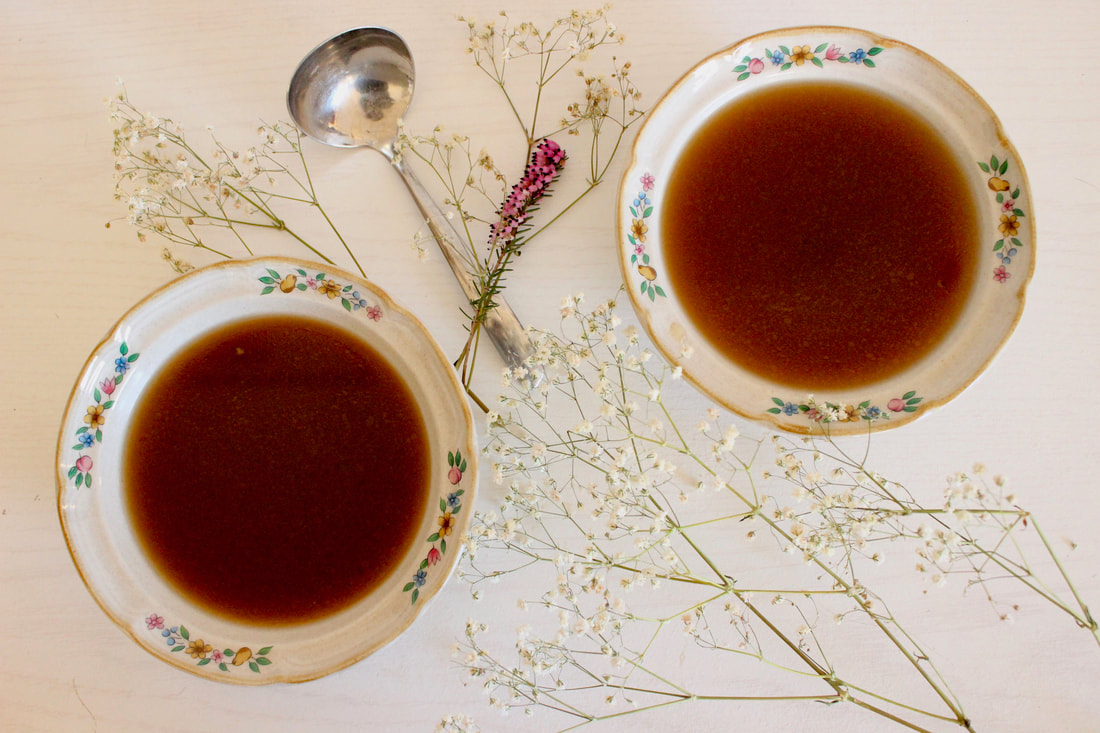
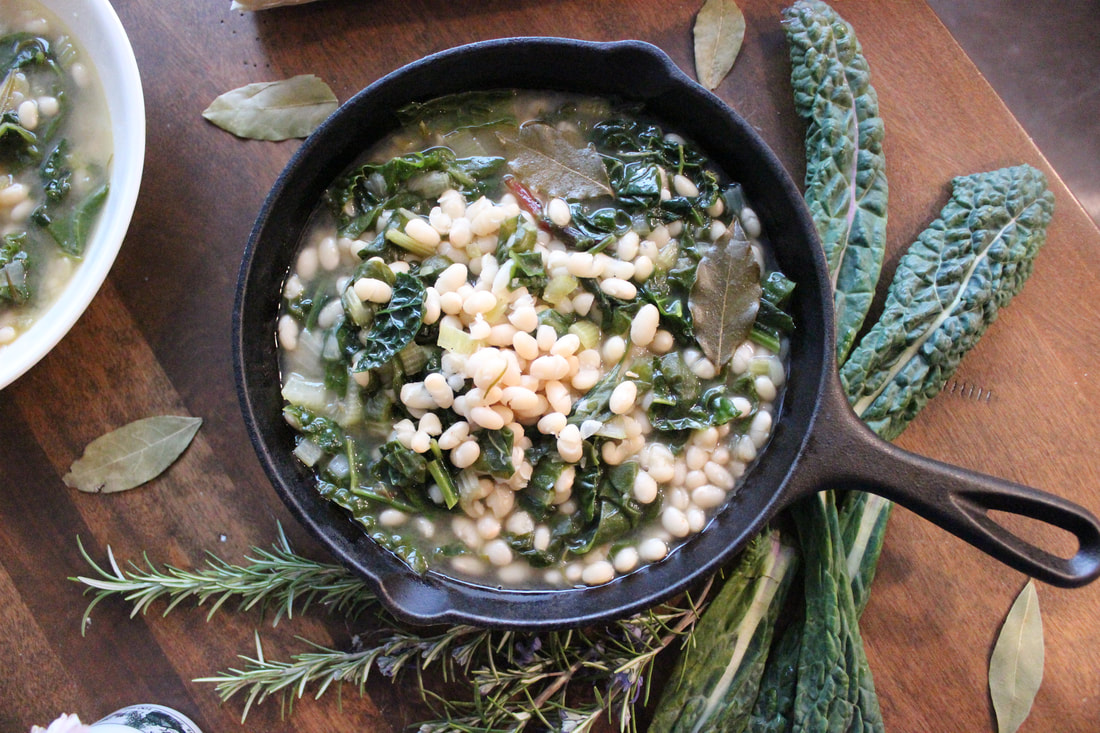
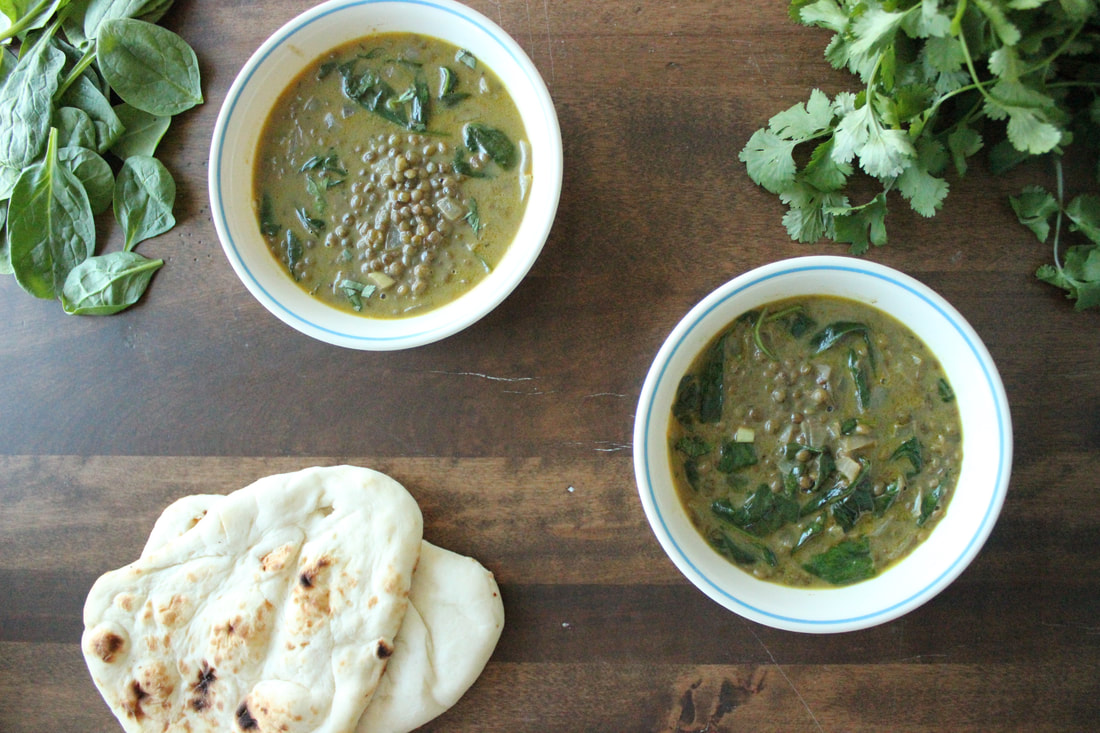


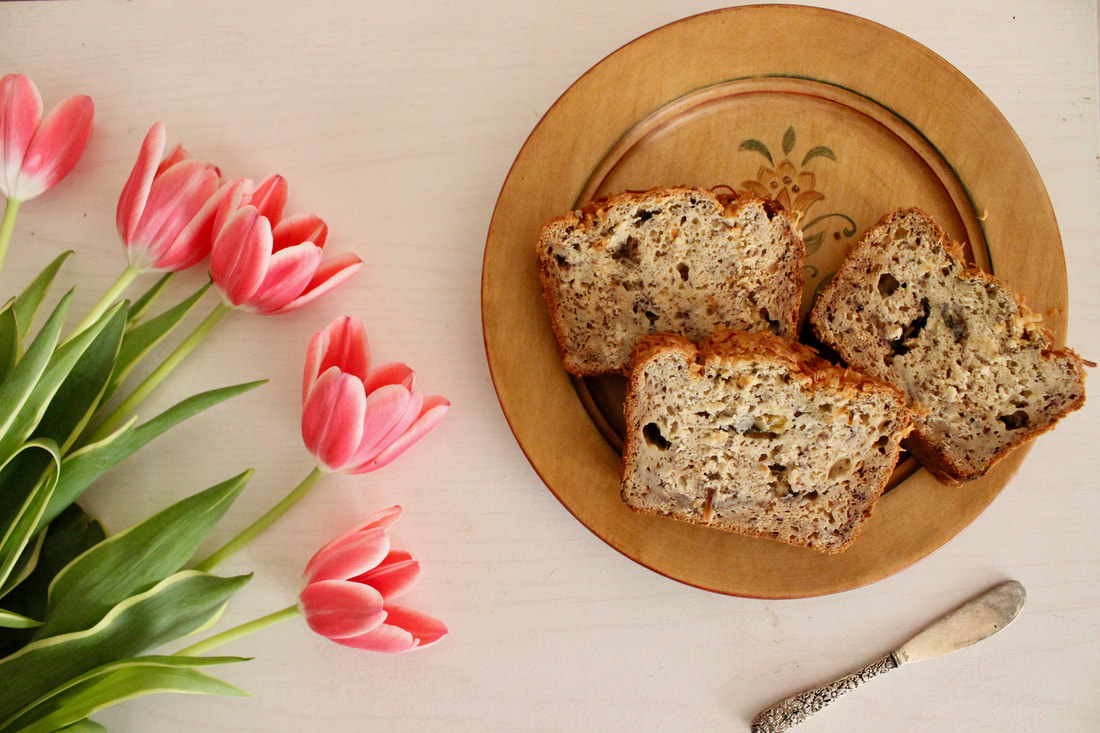
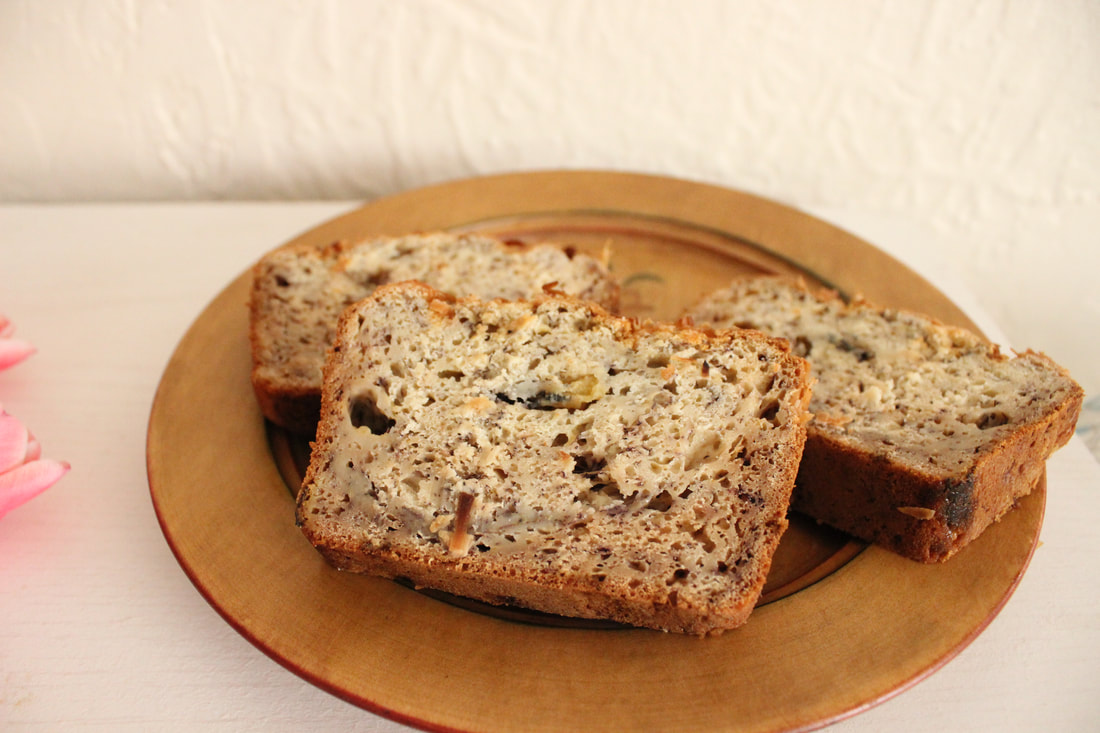

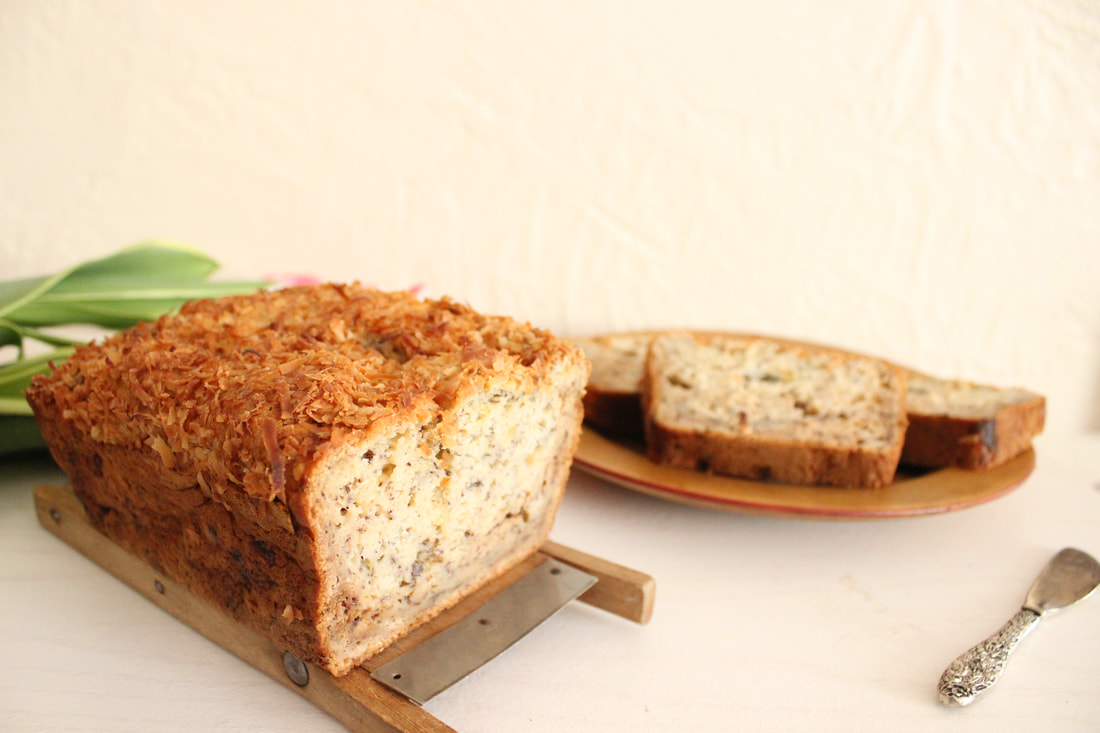





 RSS Feed
RSS Feed